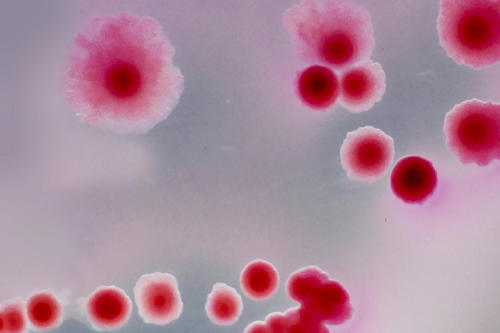
The bacteria that live in our guts help us digest food, but their roles in keeping our bodies functioning go far beyond that. For example, U of M researchers Alexander Khoruts and Michael Sadowsky have shown that a healthy, well-fed, and diverse assortment of gut microbiota offers protection against serious conditions like C. difficile infections. Now the researchers are launching a clinical study to learn whether increasing the diversity of our live-in bacteria can help people with type 2 diabetes.
In this form of diabetes, cells lose their sensitivity to insulin, and blood glucose levels rise. These patients also tend to have less diverse assortments of gut bacteria. The microbiota can be disrupted by factors like antibiotic use, which may kill off “good” bacteria; and a high-sugar, low-roughage diet, which can starve gut bacteria and may cause them to signal the brain to eat more, setting up a vicious cycle of overeating that raises the risk of diabetes.
In the study, persons with pre-diabetes will receive transplants of fecal bacteria from either themselves or donors with good blood sugar and microbial diversity. If results indicate the donated microbiota helped increase insulin sensitivity, they may point the way to new therapies involving brain-bacteria communication.
- Categories:
- Health




